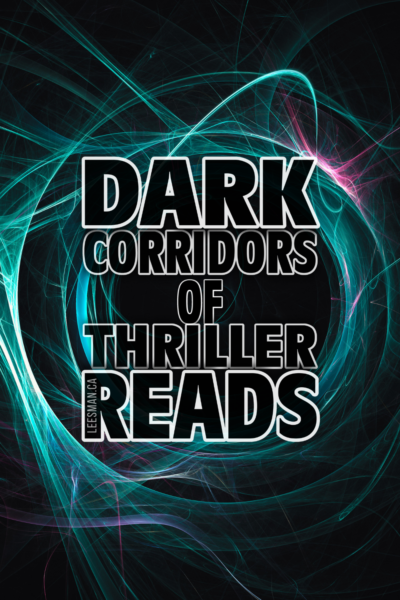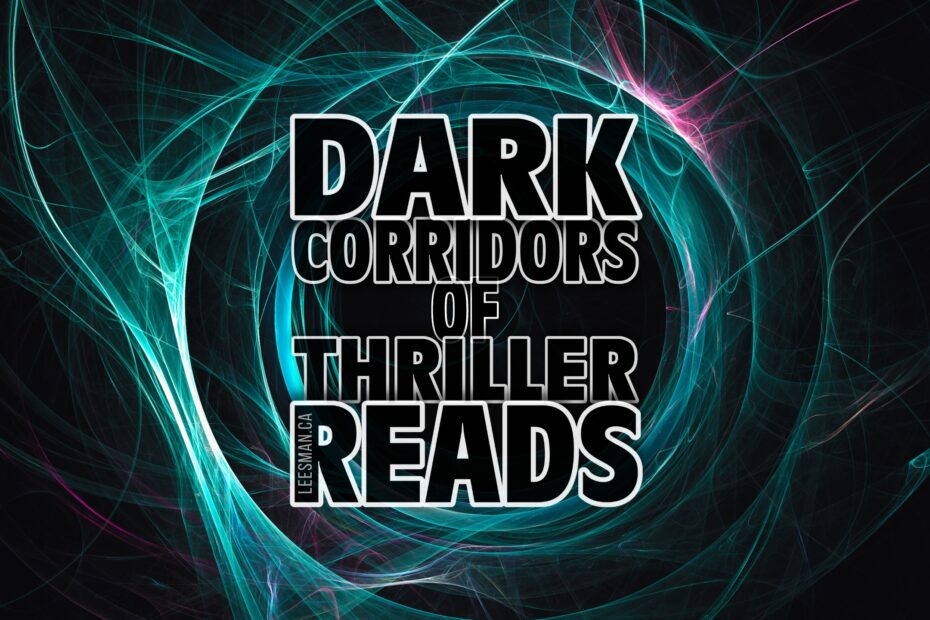My new novel, The Judas Legacy, delves into dark corridors, common to many thriller reads. Those paths lead to a variety of overriding tropes and patterns. Betrayals of trust, revenge for past wrongs, conspiratorial behaviors from elites. These are often seen in thrillers like The Judas Legacy (and its soon to be finished sequel, Kayne’s Revenge.)
As I look back, I reflect on growing up in a blue-collar world, where every day was a struggle. First memories of my dad’s work were with him and my grandfather on a construction site, building houses. The smell of fresh cut wood still brings a smile. He also spent years in the automotive industry. I remember him scrubbing at greasy residue attempting permanent residence under his fingernails. That too, is a visceral memory. I cannot take the car to a mechanic’s shop without seeing dad scrub at the oil.
So where did the dark visions and cynicism come from for this and subsequent thriller reads?
People have asked where the imagination for these dark thriller reads secrets rise from. My sister even said she has to stop every few pages because, “I can’t believe my brother wrote this.”
Reflecting on this, I can only place puzzle pieces.
Perhaps it came from working in the numismatic industry for a decade. My boss, one of the brightest business minds I ever met, continually warned of the dangers inherent in that world. When you deal with precious metals and hundreds of thousands of dollars in valuables every day you could never be too cautious. Every stranger is potentially a harmful one. Every client needs to be held at arm’s length. “Get an unlisted number, change your routes to and from work regularly,” he told us.
We often caught fraudsters and criminals in the act. Murder and violence were not unheard of.
Maybe it was watching my father get tossed aside from the company he sacrificed so much for, when his health failed him. They did so without so much as a “thank you for your services” message. Years of loyalty to the company for nothing, or SFA as my wife puts it.
Was it after working in the corporate world myself, where I witnessed backstabbing, careers destroyed for someone else’s ladder climbing, or the blocs of alliances that would summarily toss co-workers away if they became inconvenient?
Certainly, all points to muse over as contributing factors to writing compelling thriller reads.
But it was also the years of studying history. Of delving into the causes of world-changing events, some of which we’ve just plodded through over the last few years (2020 I’m talking to you), that will take decades to unravel. It was years of reading other best sellers’ ideas of these darkened paths.
One of the interesting facts you’ll find in The Judas Legacy is an underlying conspiracy sub-story. I don’t want to give away any spoilers, but it includes Canadian election interference by foreign entities, that we’re seeing today in the news as a “surprise revelation”.
Yet I wrote this manuscript in 2018, many years before the stunning scandal was brought to the public’s attention.
How do I explain that?
I’m not a former government agent. I’m not an investigative journalist uncovering secrets. I am simply a person who pays attention and observes.
From early reader reviews, The Judas Legacy is a very enjoyable journey with an unpredictable ending and would make a good movie.
Isn’t that what we all want? Stories we can see ourselves in, characters we can relate to and tales that somehow are believable enough that we can suspend our disbelief, if only for a moment or two.
Maybe that’s also why The Judas Legacy, for all its dark paths of elitist conspiracy, doesn’t have protagonists that are super heroic, super spies, or super anything. They are just typical people pulled into extraordinary circumstances, who fight to come out on top.
Just like most of us.
After all, don’t we all want to be seen as a hero to at least one person?
Tweet
When you’re done reading the book, let me know who you relate to the best!

